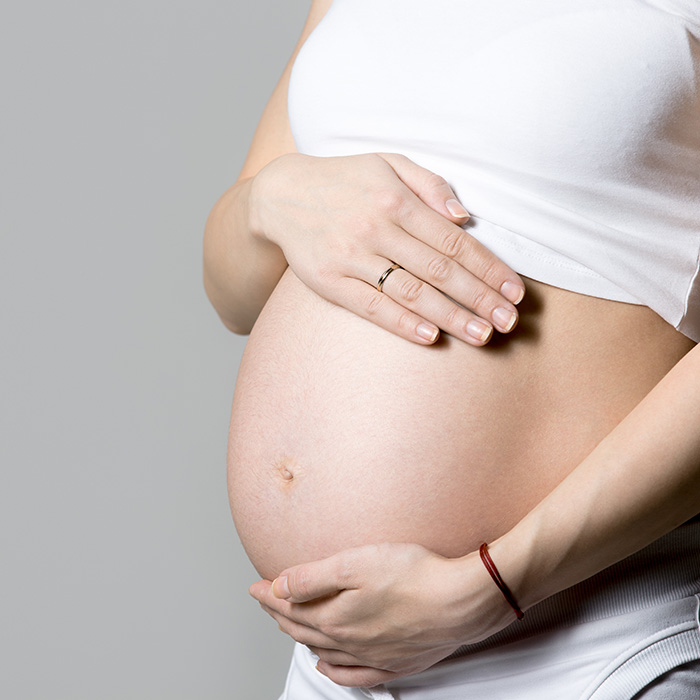The Success Rates of IVF Treatment
The success rates of IVF treatment vary among different age groups, ranging between 25% and 40%. As the age of the prospective mother advances, these success rates decline significantly, especially after the age of 35, and continue to decrease substantially beyond the age of 40. Studies have shown that opting to freeze their eggs before the age of 35 can significantly increase the success rates in IVF treatment.
FAQ
How long does IVF treatment take?
IVF treatment is completed within approximately 18-21 days. Around 12 days after the embryo transfer, a pregnancy test is conducted. There is no need to wait for the pregnancy test. You can have the test done at an appropriate healthcare facility when you return to your country.
Does IVF treatment cause pain?
During the egg retrieval procedure, anesthesia is used, so patients do not feel anything during the process. The anesthesia quickly wears off after the egg retrieval is completed, and the patient can resume their normal activities.
How many embryos are transferred during IVF treatment?
For women under the age of 35, single embryo transfer is recommended. For women between the ages of 35 and 37, it is advised that couples, together with their doctors, decide on either single or double embryo transfer. For women between the ages of 38 and 40, two embryo transfers are recommended. For women over the age of 40, three or more embryos can be transferred. The doctors performing this treatment aim to achieve a healthy pregnancy with the minimum number of embryo transfers. If multiple embryos are transferred, the risk of multiple pregnancies increases, leading to a higher-risk pregnancy. However, if the embryo quality is low or previous attempts have been unsuccessful, doctors may recommend transferring more embryos.
Is it safe to travel during and after IVF treatment?
During the pregnancy resulting from IVF treatment, if there are no specific health issues with the expectant mother, there is no problem with traveling until the 32nd week of pregnancy. Additionally, after the transfer stage of the treatment, resting for 15 minutes is sufficient, and then you can travel. Your doctor will inform you about any risky situations during and after IVF treatment and the necessary precautions to be taken. It is best to get information about the process and follow the guidelines from your doctor.
How is the cost determined for IVF treatment?
The cost of IVF treatment can vary from one center to another and even among couples receiving treatment at the same center. The reason for this variation is the differences in the treatment protocols. Different IVF centers may offer varying facilities, which can affect the cost. Within the same center, variations can occur due to the personalized treatment plans for individual couples. The main factor that determines the cost is the treatment plan tailored to the health conditions of the prospective parents.
Is there a risk of miscarriage after IVF treatment?
In our IVF centers, the risk of miscarriage in pregnancies resulting from IVF treatment is not higher than in naturally conceived pregnancies. IVF pregnancies are not different from naturally conceived pregnancies. In fact, pre-IVF genetic analyses and a detailed evaluation of the uterine cavity contribute to healthier pregnancies and reduce the risk of miscarriage.



